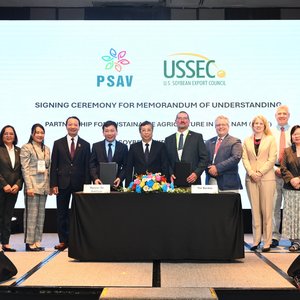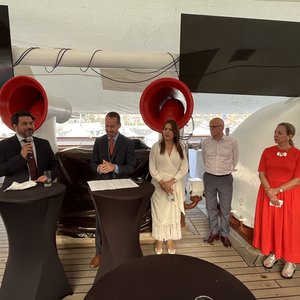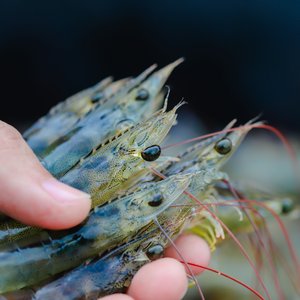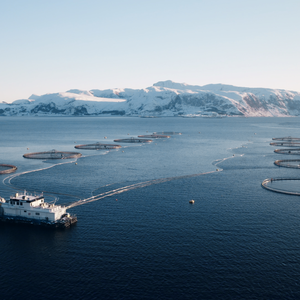Thomas Gitterle
Shrimp farming throughout the world is still based on the capture of wild shrimp broodstock. This practice poses a considerable risk to the shrimp farming industry, especially from contamination of hatcheries by contagious diseases.
Thomas Gitterle of Colombia investigates this problem in his doctoral dissertation for the Norwegian University of Life Sciences (UMB) in Ås, Norway. The dissertation is based on a selective breeding program for Pacific white shrimp (Penaeus vannamei) established in 1997 by CENIACUA, a commercial shrimp producer in Colombia, with scientific assistance from Akvaforsk. Gitterle’s study focused on whether serious diseases in shrimp could be combated by selective breeding to improve the shrimps resistance or tolerance to White Spot Syndrome Virus (WSSV) - a virus that has set shrimp production back many years along the Pacific coast of Colombia and throughout the entire Pacific region.
Akvaforsk says this is the first time a study such as this has been conducted on shrimp. The study showed that it is possible to increase the ability of shrimp to resist the virus through a targeted selective breeding program, indicating that in time the shrimp farming industry will be able to cope with this deadly virus. The study also determined which combination of infection model and statistical model is best suited for use in selecting the most disease-resistant shrimp broodstock for future generations.
The title of Gitterle’s dissertation is “Genetic analyses for resistance to White Spot Syndrome Virus (WSSV), harvest body weight and pond survival in the Pacific white shrimp Penaeus (Litopenaeus) vannamei”, and his doctoral lecture is entitled “The design of breeding schemes for disease resistance in marine species”. The defence of Gitterle’s dissertation took place 4 May in Ås, Norway.
Akvaforsk – Institute of Aquaculture Research AS is a leading institution for research and knowledge transfer in the field of aquaculture. Activities in Norway and abroad involve all stages of the value chain, with core areas of operation in selective breeding, genetics, nutrition, feed, production management and product quality. Working closely with aquaculture industry leaders, Akvaforsk focuses efforts on problem solving, product development and documentation. In the past 30 years Akvaforsk has developed a portfolio of 18 species in 28 countries throughout the world.











